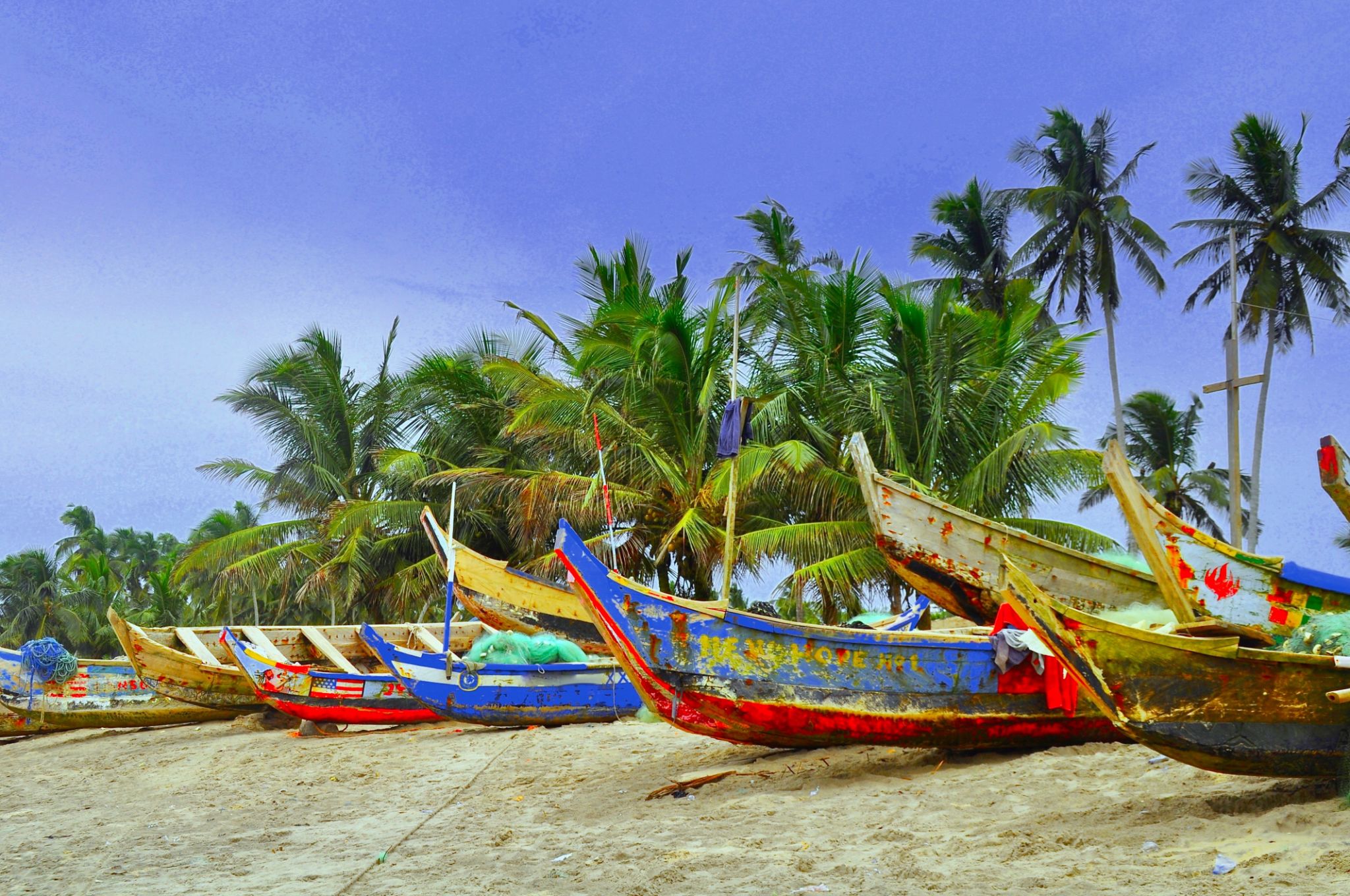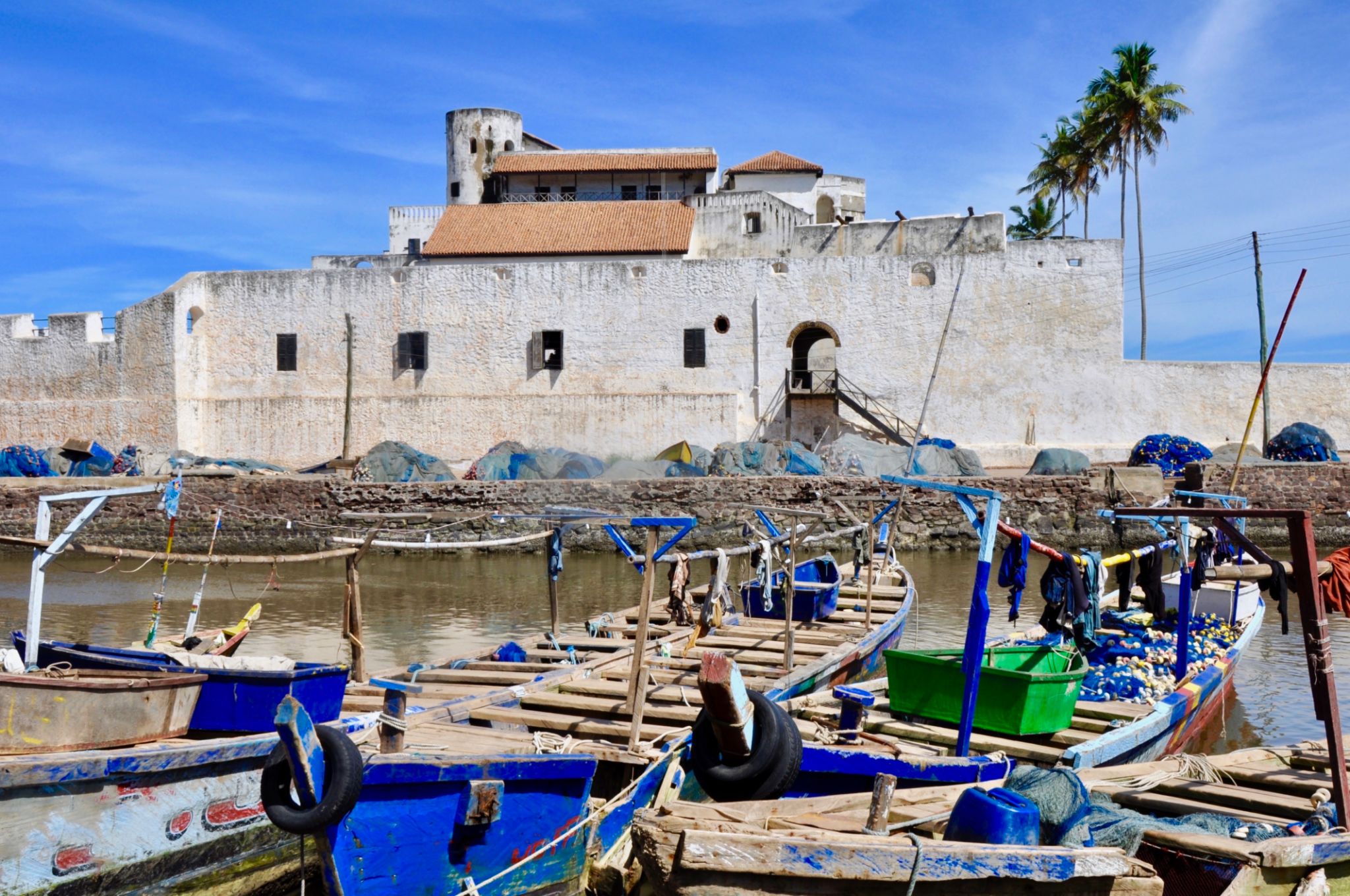How the Latest Trends in Airbnb are Shaping Travel in Ghana
Transforming Hospitality
The landscape of travel in Ghana is experiencing a significant transformation, largely due to the influence of Airbnb. This global platform is reshaping how tourists experience the country, offering unique opportunities that go beyond traditional hotel stays. With an increasing number of visitors opting for personalized experiences, Airbnb is at the forefront of this change, providing a diverse range of accommodations that reflect the rich culture and hospitality of Ghana.
Airbnb's rise in Ghana is not just about providing a place to stay; it’s about creating memorable experiences for travelers. From cozy homes in bustling Accra to serene beachfront properties in Cape Coast, hosts are offering accommodations that allow guests to live like locals. This trend is encouraging more travelers to explore off-the-beaten-path destinations, enhancing their overall experience in the country.

A Boost to Local Economies
The proliferation of Airbnb in Ghana is proving to be a boon for local economies. By staying in Airbnb properties, tourists are often more likely to spend money in local communities, supporting small businesses and artisans. This shift is helping to distribute tourism revenue more evenly across the country, rather than concentrating it solely in major cities or popular tourist sites.
Moreover, the platform empowers local hosts by providing an additional source of income. Many Ghanaians are capitalizing on this opportunity by converting parts of their homes into guest accommodations. This democratization of hospitality is fostering entrepreneurship and giving rise to a new wave of micro-entrepreneurs who are eager to showcase their culture and traditions.

Personalized Travel Experiences
One of the most appealing aspects of Airbnb is its ability to offer personalized travel experiences. Unlike the standard offerings of hotels, Airbnb hosts often provide unique insights into local life, from recommending hidden gems to offering guided tours of the neighborhood. This personalized touch is highly attractive to travelers seeking authentic cultural experiences.
In addition, many Airbnb listings in Ghana now include cultural experiences such as cooking classes, traditional drumming lessons, and guided heritage tours. These activities provide guests with a deeper understanding of Ghanaian culture and create lasting memories that go beyond typical tourist activities.

Sustainable Tourism Practices
Sustainability has become a crucial consideration for modern travelers, and Airbnb is playing a role in promoting eco-friendly tourism in Ghana. Many hosts are adopting sustainable practices such as using solar energy, providing recycling options, and promoting local products. These efforts align with the growing demand for environmentally responsible travel options.
Incorporating sustainability into tourism not only benefits the environment but also enhances the overall experience for visitors. Travelers are increasingly looking to reduce their carbon footprint, and by choosing sustainable accommodations, they contribute positively to the communities they visit.
The Future of Travel in Ghana
As Airbnb continues to gain popularity in Ghana, its impact on the travel industry is poised to grow even further. The platform's emphasis on community-driven tourism offers a fresh perspective on traveling, one that prioritizes cultural exchange and economic empowerment. As more travelers seek out unique and meaningful experiences, Airbnb is likely to remain a key player in shaping the future of travel in Ghana.
In conclusion, the latest trends in Airbnb are redefining travel in Ghana by offering diverse accommodations, boosting local economies, providing personalized experiences, and promoting sustainable practices. As these trends continue to evolve, they promise to enrich the travel experience for visitors while supporting the growth and development of local communities.
